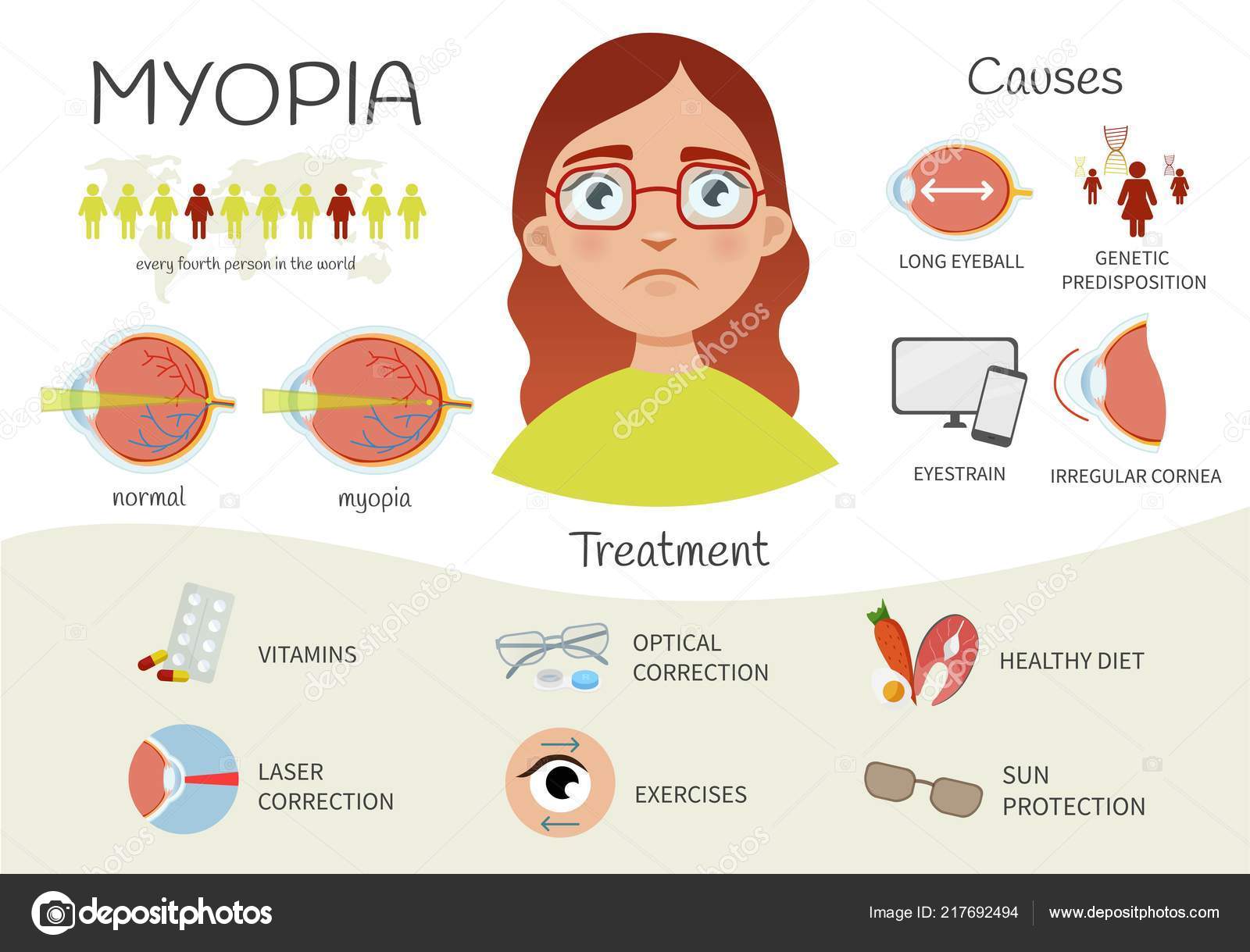Seeking Information On Refractive Lens Exchange? Discover Critical Insights And Responses That May Change Your Approach To Vision Treatment
Seeking Information On Refractive Lens Exchange? Discover Critical Insights And Responses That May Change Your Approach To Vision Treatment
Blog Article
Short Article Composed By-Miller Goldstein
If you're thinking about refractive lens exchange, you probably have a lot of inquiries. LASIK Vs Prk might alter just how you see the world, offering advantages like lowered dependancy on glasses. Nonetheless, it's necessary to comprehend the procedure, risks, and who qualifies as a good prospect. Let's discover these essential elements so you can make an enlightened decision about whether RLE is right for you.
What Is Refractive Lens Exchange and Just How Does It Function?
Refractive lens exchange (RLE) is a surgical procedure made to change your eye's all-natural lens with a synthetic one, correcting vision issues like nearsightedness, farsightedness, or presbyopia.
During the procedure, your doctor makes a tiny laceration in the eye, eliminates your natural lens, and inserts an intraocular lens (IOL) tailored to your vision requires. This outpatient surgical treatment typically takes around 15 to 30 minutes per eye and is executed under local anesthesia.
You'll likely notice improvements in your vision nearly immediately, though complete healing might take a couple of weeks. RLE is especially helpful for those over 40 or with high prescriptions, providing a durable solution compared to glasses or get in touch with lenses.
Your eye treatment professional can help establish if RLE is right for you.
What Are the Benefits and Threats of Refractive Lens Exchange?
Selecting refractive lens exchange can result in substantial enhancements in your vision, but it is very important to consider both the benefits and threats prior to deciding.
On the plus side, this procedure can improve your vision by dealing with problems like presbyopia, nearsightedness, and hyperopia. Several clients delight in decreased dependancy on glasses or call lenses, which can significantly improve their lifestyle.
However, it's important to consider potential dangers. Complications can consist of infection, glow, or halos around lights.
There's additionally a possibility of overcorrection or undercorrection, which may need added treatments.
That Is an Ideal Prospect for Refractive Lens Exchange?
If you're taking into consideration refractive lens exchange, it is essential to know whether you fit the account of an ideal candidate. Typically, you may be a great prospect if you more than 40, experience presbyopia, or have high levels of nearsightedness or farsightedness.
It's additionally crucial that your vision is stable, implying your prescription hasn't changed substantially in the past year. If you have cataracts or other eye problems, you could benefit from this treatment too.
However, particular factors, like unrestrained diabetic issues or autoimmune conditions, can invalidate you. To determine your candidateship, speak with an eye care specialist that can evaluate your details situation and recommend the very best course of action customized to your requirements.
Final thought
To conclude, refractive lens exchange can be a transformative choice for boosting your vision, particularly if you're over 40 or have a high prescription. While the benefits are substantial, it's important to consider the threats and talk to your eye treatment professional to determine if you're an excellent candidate. With discover here and support, you can make an informed decision and potentially enjoy a life with reduced reliance on glasses.
